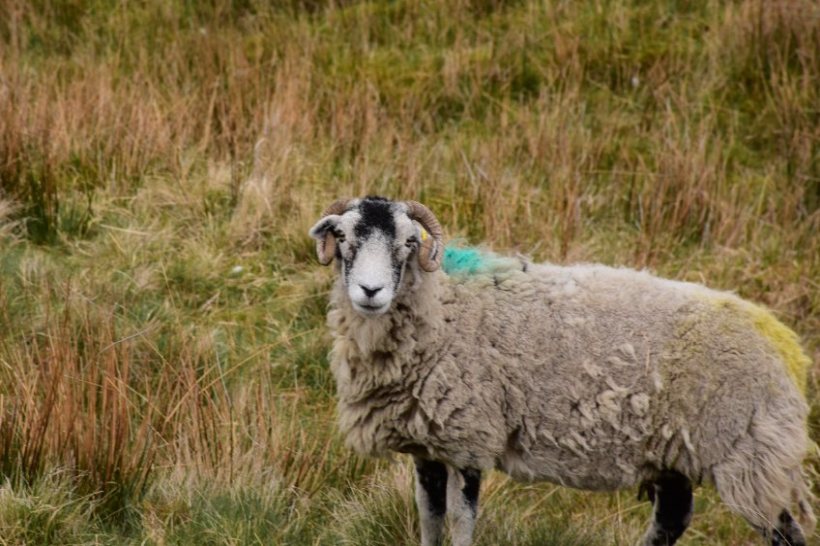
A new campaign has launched to raise awareness of the rise of sheep scab while empowering farmers to adopt a prevention mindset.
The Break the Sheep Scab Cycle campaign, launched on Monday (20 June), will offer support to farmers to help manage the condition and stop reinfection.
Land-based training provider Lowe Maintenance, along with industry groups such as Livestock Auctioneers Association (LAA), Bimeda, Biobest, and Lyme Disease UK, are backing it.
Sheep scab not only impacts animal welfare, but it has huge financial implications. It’s estimated that the cost of this disease to UK farmers is £80- £200m per year.
Sheep scab had been almost eliminated 30 years ago when compulsory dipping was a legal requirement but has re-emerged to what are now endemic levels.
Richard Scofield, a sheep dipping expert who is backing the campaign, said: "If we work smartly and collaboratively, we can break the cycle.
"Responsible treatment and testing are our weapons, but if used incorrectly we’re just battling and not winning the war on scab."
Dipping, where necessary, should be done sequentially from September to the end of November in relation to how high up the flock grazes, taking place before tupping, he said.
"Bolstering this with testing and when there is a breakout, rapid and targeted treatment, and testing in infected farms in the vicinity until scab has gone."
Currently, there are two methods of control and treatment, the first famously known as sheep dip, which uses organophosphate, (OP), and the second the macrocyclic lactone injectable products (MLs).
When a flock is treated with the MLs, ivermectin, or doramectin, farmers are reminded that they do not offer any protection from reinfection.
Sheep have to be relocated to a clean pasture to prevent reinfection from the mite-infested environment. Scab lives in the location, off the sheep, for 17 days.
Vet Karen Swindlehurst, a farm animal vet specialising in flock health, said she was seeing a significantly higher incidence of scab than in the past.
"The recent development of a blood sample to screen for scab infestation is a game changer in the diagnosis and control of the parasite.
"The fact that we can detect scab within two weeks of exposure makes this an incredibly useful tool in diagnosis and control.
"We can, for example, screen purchased sheep to ensure we are not introducing scab."
Campaign materials are available to download online, including posters, social media posts, and a "how much dip should I use" tool.
Lowe Maintenance also offer an online course for The Safe Use of Sheep Dip, and with it, the City & Guilds accreditation.
